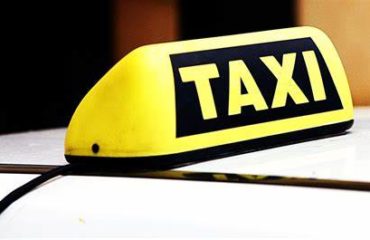
Following weeks of hustings and debate, the members of the Conservative party have elected Liz Truss as their party leader and new prime minister
The popular vote was won by home secretary Liz Truss with 57% of the vote with a share of 80,326 votes, while former chancellor Rishi Sunak took 43% at 60,345 votes.
In a short speech before MPs, Truss promised to govern as a Conservative for the next two years, prioritising cutting taxes and dealing with the energy crisis, long term energy supply issues, and National Health Service.
In earlier interviews, Truss said that she would set out her economic plans within the next week to address the energy crisis and cost of living issues.
The official handover will take place at Balmoral when the Queen invites Truss to form the new government following the resignation of Boris Johnson.
The new Cabinet will be confirmed in the next few days with key appointments likely to be confirmed late on Tuesday.
In contrast to her opponent Sunak, Truss has focused on tax cuts as a central plank of her policy.
Simon Rothenberg, a director at Blick Rothenberg, said: ‘Liz Truss has led with the promise of significant tax cuts such as the reversal of Rishi Sunak’s 1.25% National Insurance, likely to be targeted at basic rate taxpayers only.
‘Truss is also said to be favouring a substantial increase to the basic rate threshold, possibly as high as £80,000 – a promise Boris Johnson led with during the 2019 Conservative Party leadership campaign but never materialised during his tenure. These will help, but they are not immediate fixes.
‘I expect a budget in the coming weeks with a lot of promises before this around helping households with energy prices and the cost-of-living crisis – help is urgently needed, and it will be at a very significant cost to HM Treasury.
‘There was little or no promise to help, in the immediate future, the businesses who are being crippled by the complete lack of any energy price cap – tax cuts (including stopping the proposed increase in corporation tax to 25%) and a stronger economy will help tomorrow, but they need help today.
‘Pubs, restaurants, shops, hairdressers, along with all other businesses, are receiving their energy bills which, in some cases, show over a 500% increase over the previous bills. This is before they head into winter and while temperatures are still mild.
‘Without any targeted support I fear our retail and hospitality sector will severely struggle over the winter months as households reduce their discretionary spend to afford their own increased prices.’
The package of tax cuts promised in Truss’ campaign appealed to Conservative voters but will be costly to implement without cutting public services to balance the books.
Adrian Young, a tax partner at Hurst, said: ‘Ultimately, the real challenge the new prime minister will face is to maintain public services while delivering tax cuts. The ones she proposed on the hustings alone have been costed at £30bn in some estimates. It was no doubt easy to make these promises as part of a plan to win the premiership.
‘However, the reality for Truss of managing the public finances in the current economic climate will be much more problematic.’


